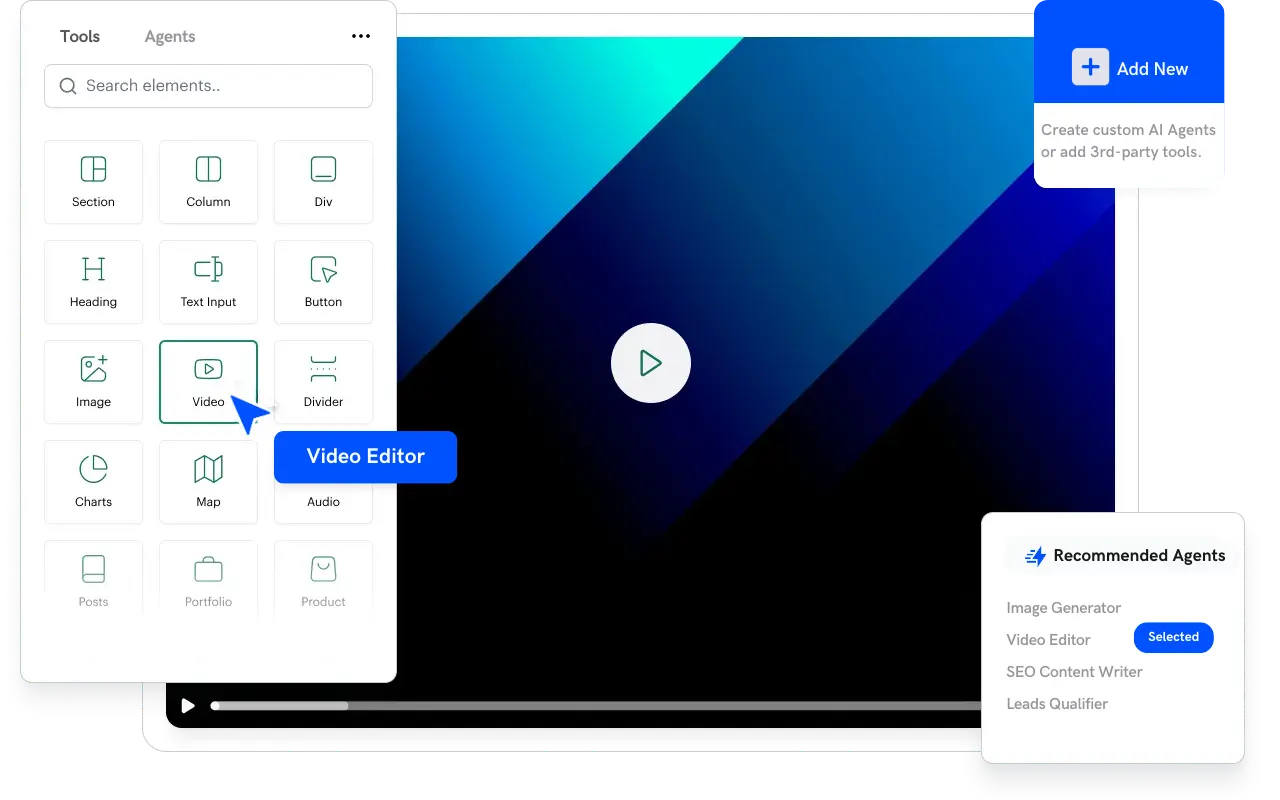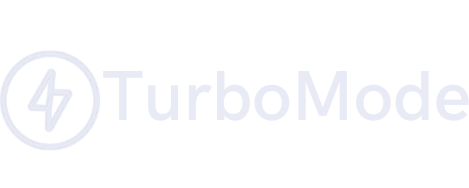In 2025, the secret to peak productivity isn’t working harder—it’s working smarter. Mindfulness, productivity, stress reduction, and focus are key elements in maintaining efficiency while avoiding burnout. The practice of staying present and aware has emerged as a powerful tool to help professionals boost performance, enhance decision-making, and reduce stress. As work environments become increasingly demanding, mindfulness offers a sustainable way to maintain high performance while preserving well-being. This guide explores how mindfulness can transform productivity for tech professionals, business leaders, and creatives alike.
Understanding Mindfulness
Mindfulness is the practice of paying full attention to the present moment without judgment. By cultivating awareness, individuals can reduce mental clutter, improve concentration, and approach tasks with greater clarity and intention.
Core Aspects of Mindfulness:
- Present Moment Awareness: Training the mind to focus on the now rather than dwelling on past or future concerns.
- Non-Judgmental Observation: Acknowledging thoughts and feelings without overreacting or feeling overwhelmed.
- Intentional Focus: Directing attention to one task at a time, leading to improved efficiency and reduced stress.
Benefits of Mindfulness for Productivity
Adopting mindfulness practices can have a profound impact on workplace efficiency and personal performance.
How Mindfulness Enhances Productivity:
- Improves Focus and Concentration: Reduces distractions and helps professionals engage deeply in their work.
- Reduces Stress and Prevents Burnout: Promotes relaxation, leading to better emotional resilience and decision-making.
- Enhances Creativity and Problem-Solving: A calmer mind fosters innovative thinking and effective solutions.
- Increases Emotional Intelligence: Mindfulness cultivates self-awareness and better interpersonal interactions in the workplace.
- Strengthens Decision-Making: Mindful individuals tend to make thoughtful and rational decisions, avoiding impulsive actions.
- Boosts Time Management: By promoting clarity, mindfulness helps professionals prioritize tasks more effectively.
Practical Mindfulness Techniques for Professionals
Integrating mindfulness into daily routines doesn’t require extensive time commitments. Simple, consistent practices can yield significant results.
Effective Mindfulness Techniques:
- Breathing Exercises: Take 5-minute breaks to practice deep breathing, promoting relaxation and clarity.
- Mindful Work: Focus on one task at a time, eliminating distractions like social media and unnecessary notifications.
- Guided Meditation: Use apps like Headspace, Calm, or Insight Timer to incorporate short meditation sessions into the day.
- Mindful Breaks: Step away from work periodically to reset your mind and prevent mental fatigue.
- Body Scan Meditation: Conduct a quick self-check on bodily sensations to release tension and improve relaxation.
- Journaling for Awareness: Keep a mindfulness journal to reflect on daily emotions, stress triggers, and successes.
Integrating Mindfulness into Your Routine
Consistency is key to making mindfulness a natural part of professional and personal life. Here are some ways to integrate mindfulness seamlessly:
- Start Your Day with Mindfulness: Begin with a 10-minute mindfulness exercise, such as meditation or journaling.
- Use Reminders to Stay Present: Set phone or smartwatch reminders to check in with yourself throughout the day.
- Practice Gratitude Reflection: At the end of the day, note three things you are grateful for to foster a positive mindset.
- Encourage a Mindful Workplace: Advocate for mindfulness breaks, quiet spaces, or group meditation sessions in your organization.
- Use Mindfulness Alarms: Set a periodic alarm to pause and practice mindful breathing or awareness.
- Practice Digital Detox: Limit screen time and take breaks from devices to refresh the mind.
- Mindful Eating: Pay full attention to meals without distractions, fostering better digestion and appreciation for food.
Mindfulness and Workplace Culture
Companies are increasingly recognizing the importance of mindfulness in workplace productivity. Many businesses now offer mindfulness programs to support employees’ mental health and well-being.
Workplace Mindfulness Initiatives:
- Meditation Rooms: Dedicated quiet spaces for relaxation and reflection.
- Guided Mindfulness Workshops: Companies providing expert-led sessions on stress management.
- Flexible Work Policies: Encouraging employees to take mindful breaks to maintain balance.
- Group Mindfulness Challenges: Encouraging teams to practice mindfulness exercises together for motivation.
Conclusion
Incorporating mindfulness into daily life can transform productivity and overall well-being in 2025. By fostering present-moment awareness, reducing stress, and enhancing focus, professionals can navigate their responsibilities with greater ease and efficiency. Whether through breathing exercises, mindful work habits, or digital detoxing, embracing mindfulness isn’t just a trend—it’s a scientifically backed practice that leads to a more balanced, fulfilling professional and personal life.
Mindfulness in productivity isn’t about adding more to your to-do list—it’s about refining how you approach each task. Start small, stay consistent, and experience the profound impact of mindfulness in your daily workflow.






